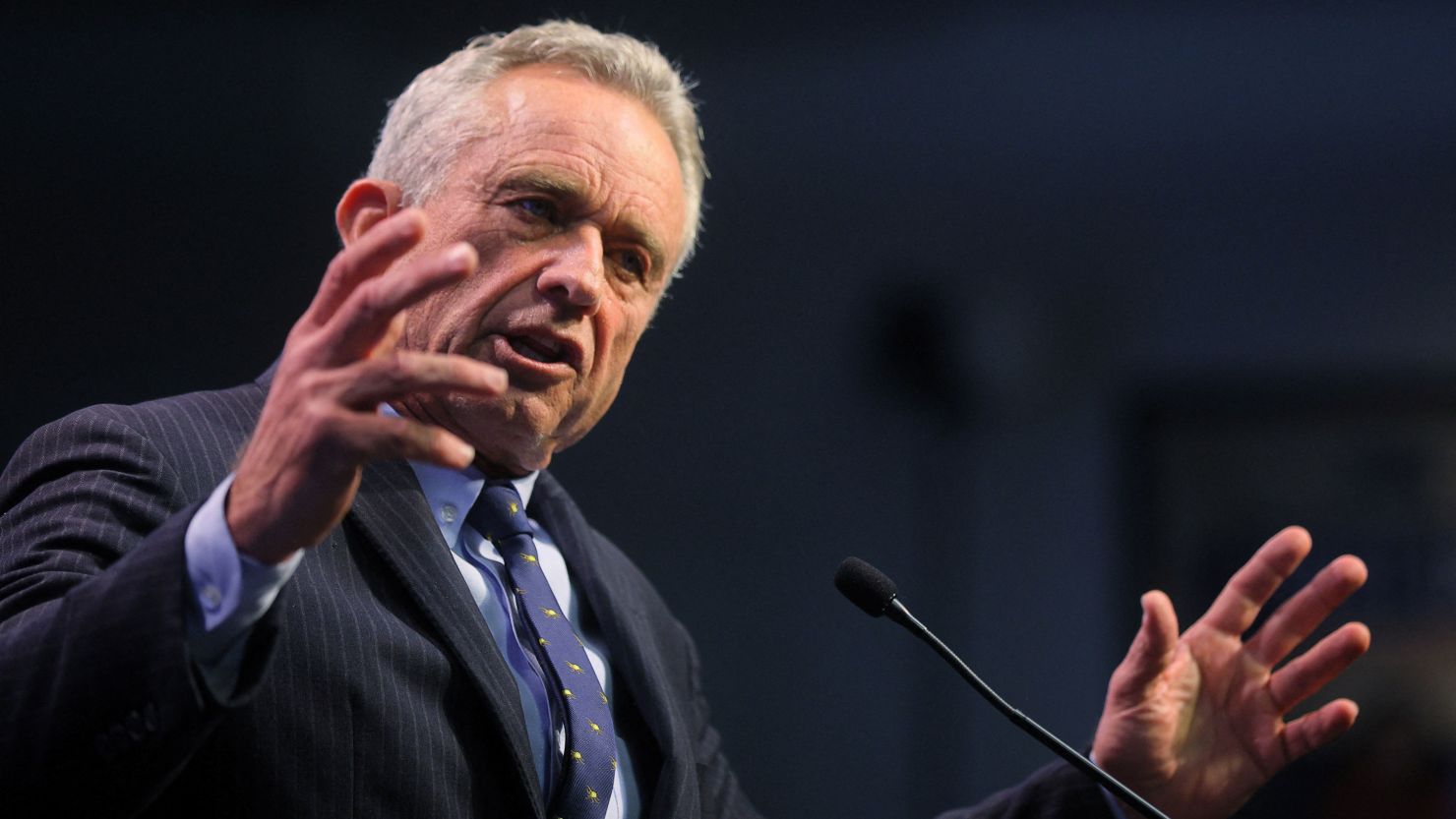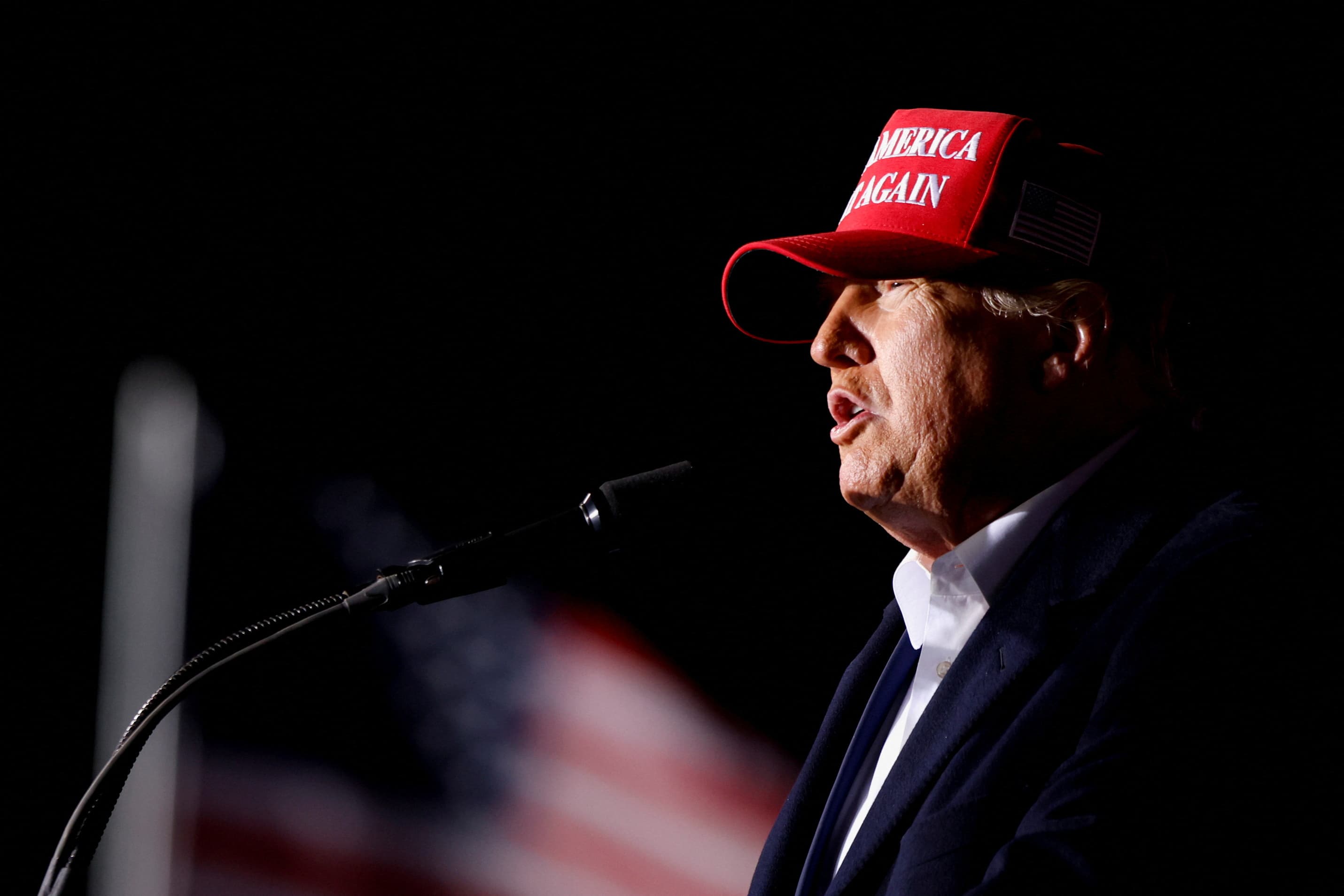In an era defined by absolute certainty, where doubt is demonized and complexity is dismissed, we must recognize that defending ambiguity is not just a necessity but a revolutionary act. As reported by Frenk van Harreveld, a professor of psychology, doubt serves as a bulwark against the toxic lies propagated by populist leaders like Donald Trump and Robert F. Kennedy Jr. These figures thrive on a culture that rewards simplistic solutions to deeply complex problems, such as climate change, migration, and public health.
Complex Issues Demand Nuanced Solutions
Climate change is perhaps the most pressing issue of our time, yet it is continuously subjected to oversimplification. Addressing climate change requires a multifaceted approach that considers national interests, economic incentives, and public behavior. Yet, the response from many political leaders is a reduction of this issue into a binary: pro-environment or anti-economy. Such framing not only distorts the truth but also alienates those who might otherwise support progressive climate policies.
Authoritarianism Thrives on Certainty
Harreveld’s analysis indicates that the emotional discomfort stemming from uncertainty leads people to seek compensatory control, often turning to authoritarian leaders who promise clarity and decisiveness. This is particularly alarming in the context of environmental justice where marginalized communities are already disproportionately affected by climate change. When leaders trade nuanced discussions for absolutist rhetoric, they effectively marginalize the voices of those who have long been advocating for a just transition.
Universities Under Attack
The assault on academic institutions reflects a broader hostility toward the very idea of uncertainty. As evidenced by recent budget cuts to higher education in various countries, including the United States and the Netherlands, these actions are aimed at silencing independent thought. Harreveld points out that institutions like universities are essential in fostering a culture of inquiry and critical thinking. When funding is slashed under the pretext of fiscal prudence, it undermines the independent research necessary for developing sustainable solutions to our most pressing issues.
Public Discourse Has Deteriorated
We live in a time where social media amplifies certainty over complexity, rewarding outrage and indignation while punishing those who express ambivalence. According to research on social media dynamics, posts that convey strong emotions and clear-cut positions gain traction, while those advocating for nuanced discussions languish in obscurity. This trend is detrimental not only to public discourse but also to the fabric of democracy itself.

Robert F. Kennedy Jr. launches 2024 presidential bid | CNN Politics
Nuance Is Crucial for Progress
As climate action becomes increasingly urgent, the need for a culture that embraces doubt and uncertainty grows. Harreveld’s research shows that people who are comfortable with ambiguity are less likely to fall prey to cognitive biases and are more open to revising their views. This cognitive flexibility is essential when addressing complex challenges like climate change, where rigid ideologies can lead to disastrous outcomes.
Radical Promise of Doubt
Defending doubt is not merely an intellectual exercise; it is a necessary act of resistance. By cultivating a culture that values provisional thinking and embraces the imperfect nature of knowledge, we can foster a more informed and engaged citizenry. The fight against climate change requires us to recognize our limitations, question our assumptions, and remain open to new ideas and solutions. This is the essence of true progress.







![[Video] Gunfire between Iraqi security forces and Sadr militias in Baghdad](/_next/image?url=%2Fapi%2Fimage%2Fthumbnails%2Fthumbnail-1768343508874-4redb-thumbnail.jpg&w=3840&q=75)
